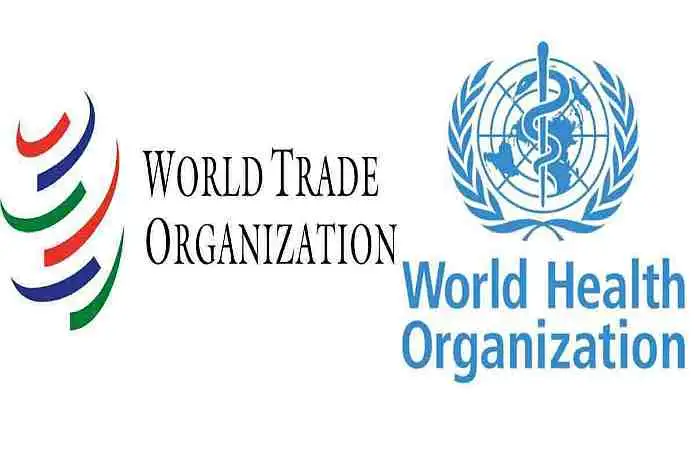WHO Members Support Global Pandemic Agreement to Prevent Future Crises
In a major move toward stronger global health security, member countries of the World Health Organization (WHO) have shown strong support for a new resolution aimed at creating a global agreement to prevent and respond to future pandemics. The full World Health Assembly (WHA) will discuss the resolution in Geneva on May 20.

This proposed agreement, often called the “pandemic accord,” has gained traction in the wake of the COVID-19 crisis. Its goal is to help countries work together more effectively during health emergencies and avoid repeating the mistakes made during past outbreaks.
What Is the Pandemic Agreement?
The pandemic agreement aims to establish international rules that guide how countries prepare for and respond to pandemics. It focuses on improving how nations share information, vaccines, treatments, and technology. A key part of the plan is to make sure all countries — including those with limited resources — have fair access to medical supplies during a crisis.
COVID-19 revealed serious gaps in the global health system. Many governments responded on their own, competed for resources, and delayed sharing critical data. These issues slowed the world’s ability to contain the virus. The proposed agreement intends to fix those problems by encouraging global cooperation, faster response times, and a fairer distribution of resources.
Growing Support from WHO Members
During a recent meeting ahead of the WHA, member nations reviewed the current draft of the pandemic agreement. Many of them agreed on the need to move forward with the plan, even though a few details still require further negotiation. The resolution they supported gives countries more time to fine-tune the final version while keeping the process on track.
Dr. Tedros Adhanom Ghebreyesus, WHO’s Director-General, urged countries to seize this opportunity. “We cannot afford to face the next pandemic with the same level of division and unpreparedness,” he said. He stressed that a united, cooperative approach would protect both lives and economies.
Why the Agreement Matters
This agreement isn’t just about emergency planning. It also plays a big role in building trust between countries. One major challenge during COVID-19 was the slow sharing of outbreak data. In some cases, countries delayed releasing vital information. That made it harder for others to prepare and respond in time.
The agreement will set clear guidelines for reporting new outbreaks, sharing vaccine research, and helping countries in need. It may also include rules for building global stockpiles, funding emergency responses, and detecting disease threats early through better monitoring systems.
By putting all of this in writing, the agreement would ensure countries know what’s expected — and how they can support each other.
Roadblocks and Ongoing Negotiations
While there’s strong momentum, the process hasn’t been easy. Some governments worry that the agreement could force them to give up control over their national health policies or share sensitive data. Others question how intellectual property rights will be handled, especially when it comes to sharing vaccine formulas with lower-income nations.
WHO leaders acknowledged these concerns and encouraged further talks. They believe that building mutual trust is essential and that every country should benefit from a fair, inclusive system.
Another topic under debate involves accountability. Countries want to know what happens if someone doesn’t follow the rules. How will WHO ensure nations report outbreaks quickly or cooperate during a health crisis? These are some of the questions negotiators are still working to resolve.
What to Expect on May 20
The World Health Assembly will meet on May 20 to discuss the resolution and the future of the pandemic agreement. If countries adopt the resolution, they will officially commit to finalizing the agreement and continuing negotiations on unresolved parts.
Though the final treaty likely won’t be signed during this session, adopting the resolution would send a clear message: countries understand the need to act now — before the next pandemic hits.
A New Era of Global Health Cooperation?
Health experts believe this agreement could become one of the most important global health initiatives in recent memory. Just as the Paris Climate Accord brought nations together to address climate change, the pandemic treaty could unite the world in its fight against future health threats.
COVID-19 made it painfully clear how interconnected the world has become. A virus that appears in one part of the world can circle the globe in weeks. No country can face a pandemic alone. That’s why the core values of the agreement — cooperation, transparency, and equity — matter so much.
As the WHA meets in Geneva, the world watches closely. The decisions made this week could shape how the global community handles health crises for generations to come.






